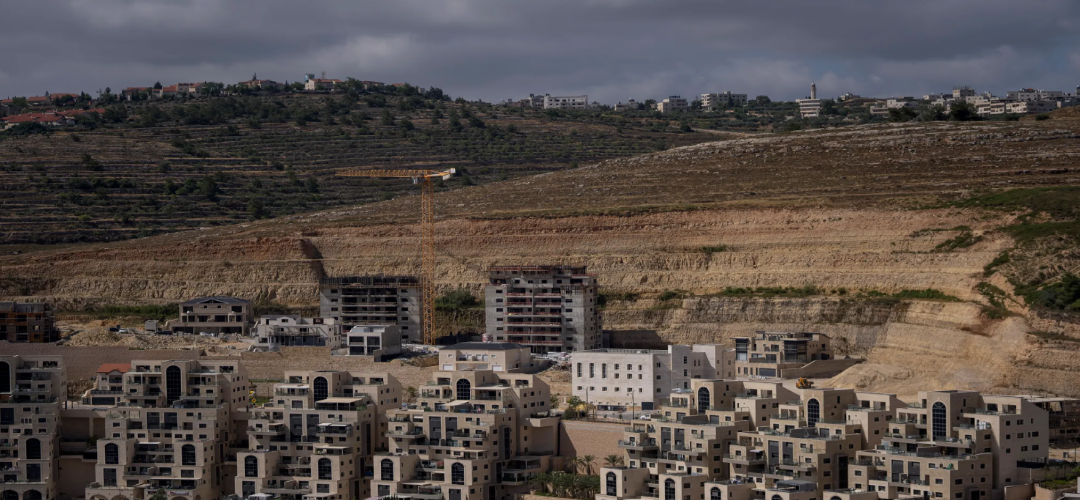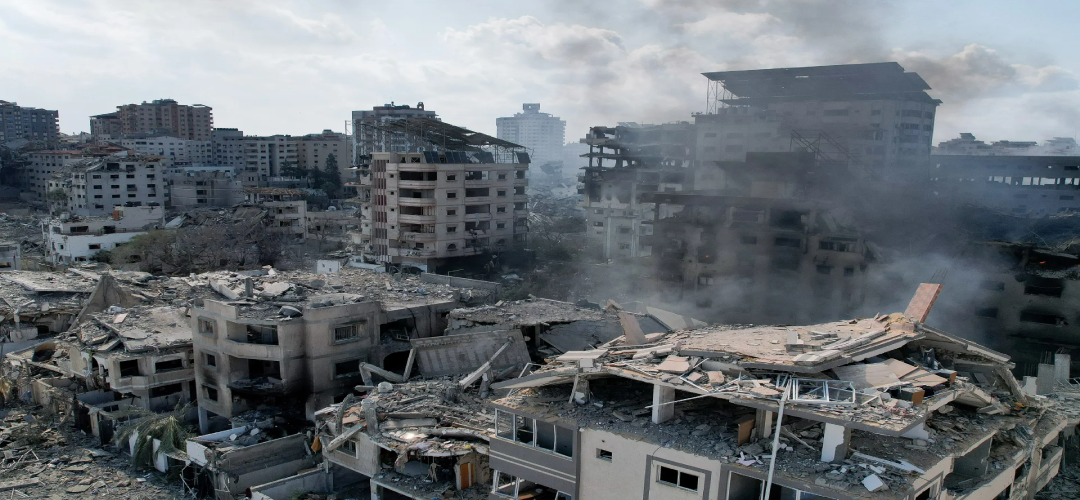Israel: Settling the Question?
March 3, 2024 | Expert Insights

Israel’s plans to build thousands of new homes on its West Bank settlements have led to speculations about what it means in light of the Gaza War. The proposal coming at this tense time pushed a sharp response from Israel’s ally as the Biden government declared the settlements inconsistent with international law, raising eyebrows.
Background
During the 1967 Middle East war, Israel seized the West Bank and East Jerusalem from Jordan, the Gaza Strip and the Sinai Peninsula from Egypt, and the Golan Heights from Syria. It then proceeded to build Israeli settlements and occupy the West Bank. Around 3.3 million Palestinians reside in the West Bank.
A series of Israel-Palestine peace agreements in the 1990s called the Oslo Accords posed the possible creation of an independent Palestinian state in the West Bank and Gaza. However, that proposal seems elusive now. In any case, Israel has continued to extend its West Bank settlements over decades, often over Palestinian villages and land owned by them. For instance, Hebron is in the centre of a Palestinian town.
The majority of world powers consider the settlements to be against international law while Palestinians continue to seek statehood in the disputed territory. Israel argues that the West Bank is a necessary security buffer for it and backs its contention with historical claims.
Prime Minister Benjamin Netanyahu's right-wing-nationalist government has promoted the settlements, even amidst the tense war situation in the Gaza Strip. Critics contend that the expanding West Bank settlements impede efforts to reach a peace deal featuring a two-state solution.

Analysis
Netanyahu’s right-wing government has accelerated the West Bank settlements, possibly as a way to implement its aggressive approach towards militia as violence in the West Bank spikes in the heated context of the Gaza War. West Bank settlements like Homesh are closely connected to Israel’s religious and right-wing politics.
The government is also tapping into changing public sentiment. Since the October 7 attacks, more Israelis only oppose an independent Palestinian state and a larger minority support increasing settlements not just in the West Bank but in Gaza.
The United States has condemned the new settlement plans and the changes that will ease and expedite the process, pointing out that new settlements interfere with achieving peace. While this had been a decades-long US policy, it was changed during Trump’s tenure. The present policy reversal comes as the US faces increasing pressure over its support for Israel in its war on Gaza.
The Netanyahu government’s encouragement of new settlements could be another prong of its war effort as it views occupation as a way to retaliate as well as an intimidation tool. Further, it could be a move to cut off Jerusalem from the surrounding Palestinian areas as concerns about security from Palestinian militants have escalated since the brutal October 7 surprise attacks.
Lastly, it could be a way to seal its claim to the territory and prevent the possibility of a two-state solution. In 1998, even while negotiations were ongoing to concede territory to the Palestinians, Ariel Sharon, the foreign minister at the time, urged West Bank settlers to “run and grab as many hilltops” as they could, “because everything we take now will stay ours.” Israel’s ultranationalist minister for national security seemed to invoke that strategy in June 2023 as he told settlers to “run for the hilltops” and settle them after a violent episode in the West Bank. (June 29, 2023, New York Times)
Assessment
- The Netanyahu administration’s strategy behind accelerating West Bank settlements could be a move to stir up voter support. It could also be a bid to fortify Jerusalem from surrounding Palestinians.
- Finally, it could be a push to undermine the possibility of a two-state solution as the Gaza war raises questions about peace negotiations and determining the future of the Israel-Palestine conundrum.








Comments